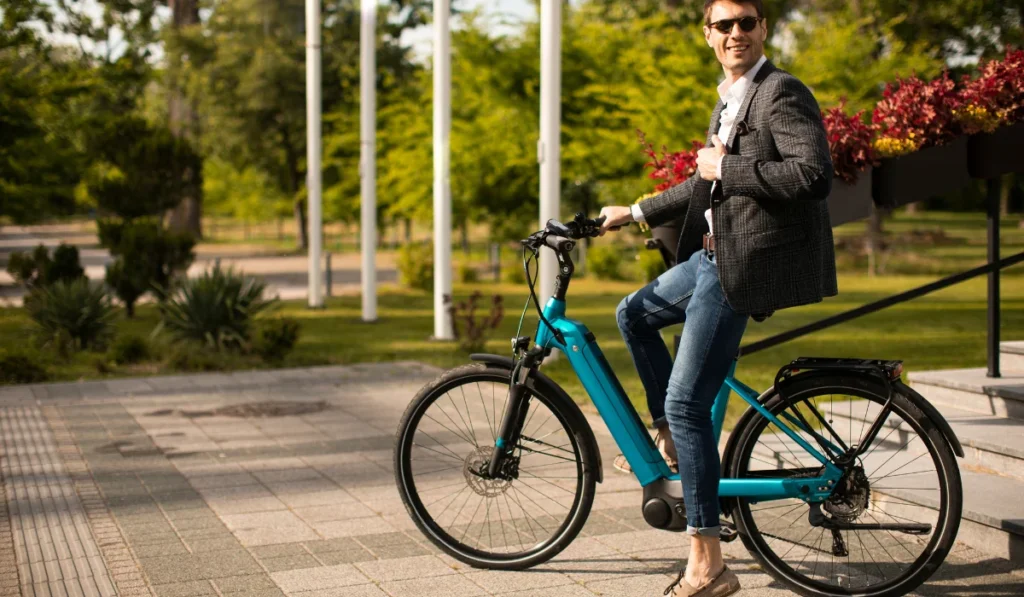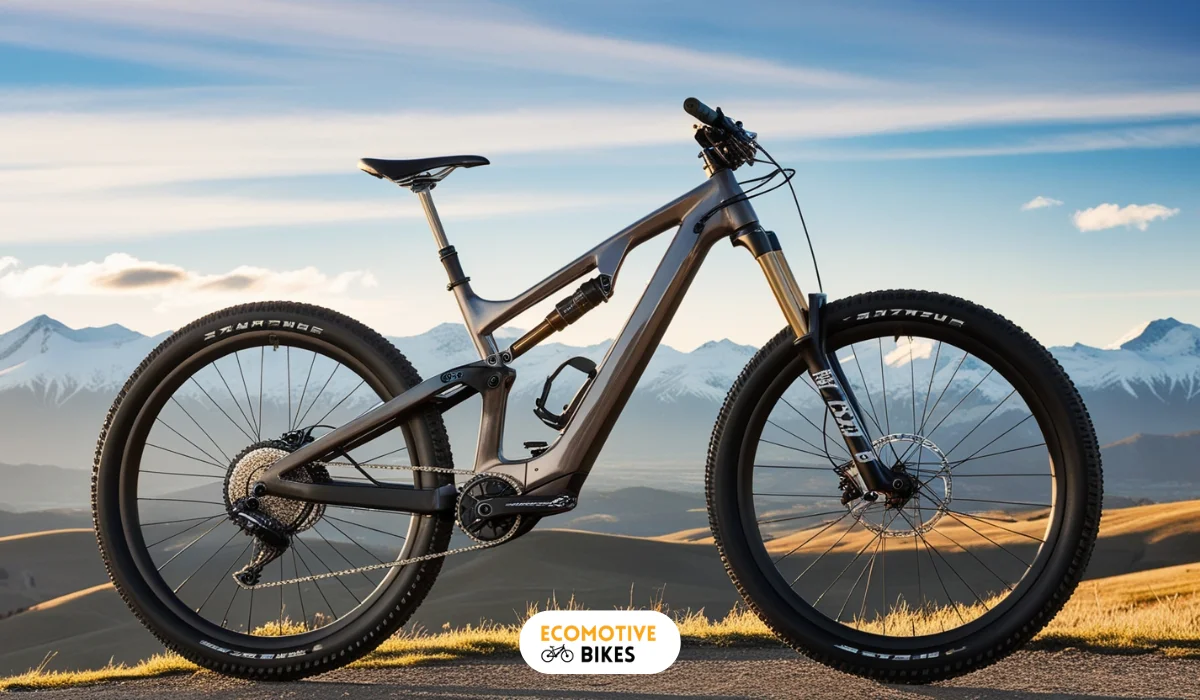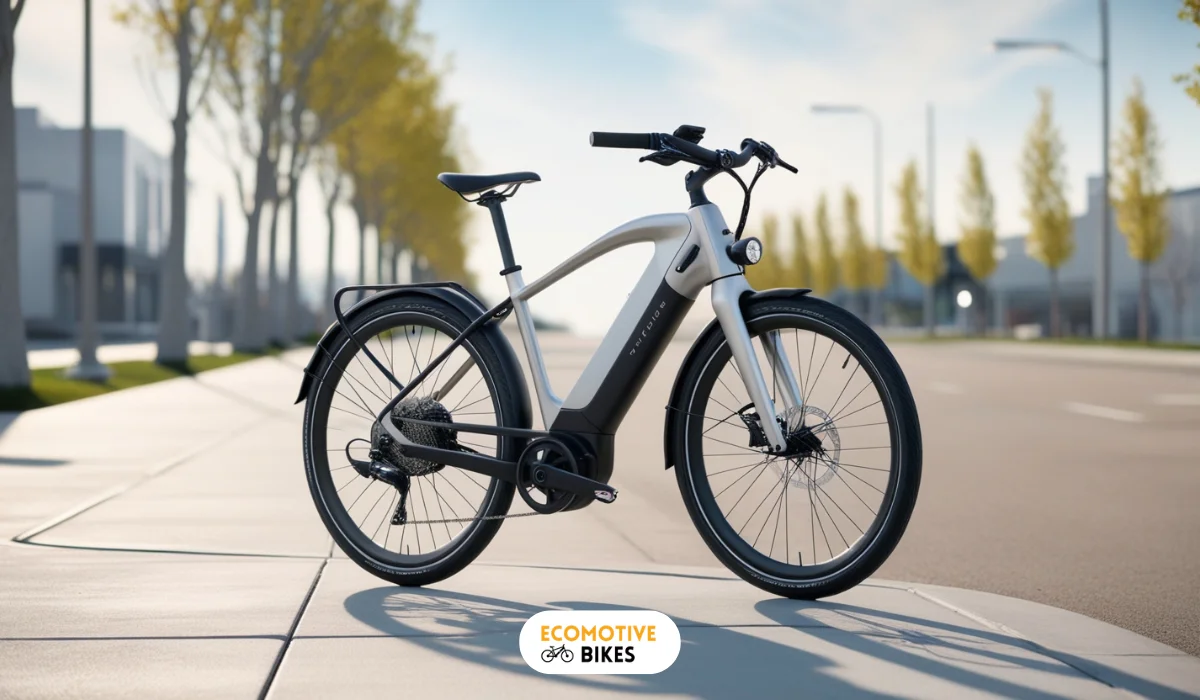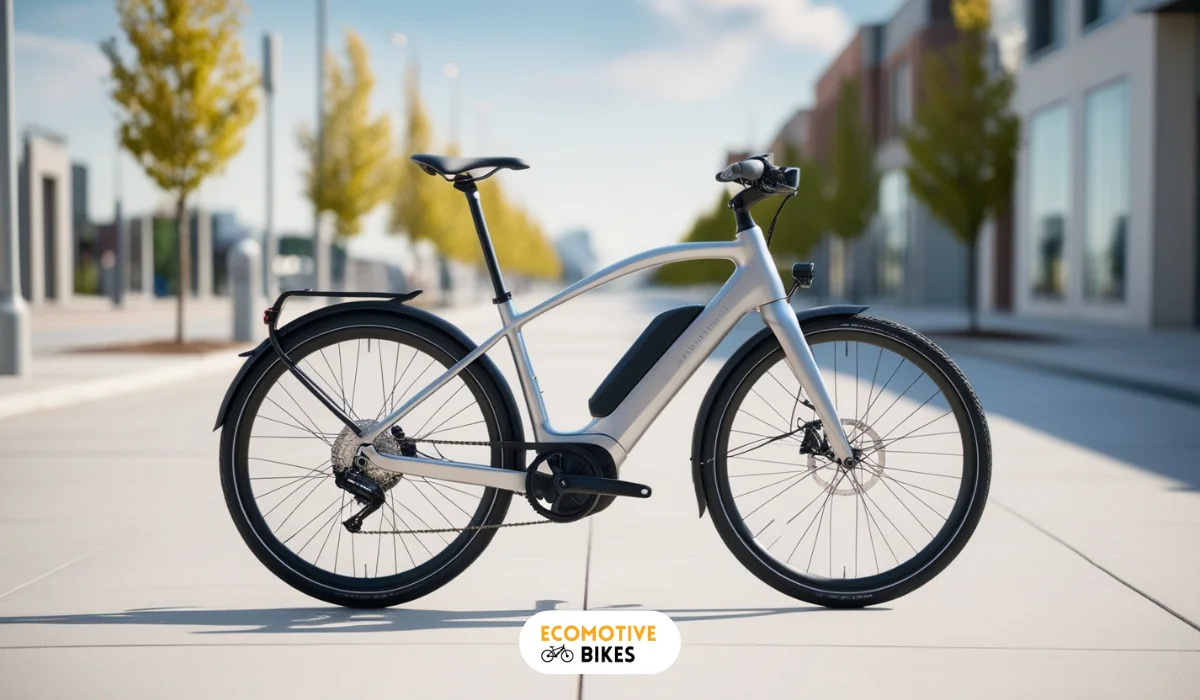Michigan ready to grant permission for E-Bike Use in State Parks
Michigan ready to grant permission for e-bike use in state parks, expanding access and promoting eco-friendly recreation options.
Table of Contents
Related Articles:
E-Bike enthusiasts in Michigan have something to rejoice about as the Department of Natural Resources considers expanding access to Class 1 and Class 2 e-bikes on over 3000 miles of trails in state parks. With the potential approval of allowing e-bikes on nonmotorized and improved trails, Michigan is poised to lead the way in e-bike friendliness and potentially boost its appeal as a summertime tourist destination.
Michigan’s State Park Trails

Current Trail Access
Currently, Michigan’s state park trail systems are open for nonmotorized use, including hikers, equestrians, and mountain bikers. Class 1 e-bikes are allowed on improved-surface trails, like paved or gravel paths, while unimproved trails remain for nonmotorized use only.
Proposed Changes for E-Bikes
Michigan is considering allowing Class 1 e-bikes on nonmotorized trails and Class 2 e-bikes on improved trails, making it a significant development for e-bike enthusiasts. This move aims to increase accessibility and cater to individuals with physical limitations, older adults, and anyone seeking assistance while biking.
e-bikes have a maximum pedal-assist speed of 20 mph for Class 2 bikes, offering a balance between traditional biking and motorized assistance. By benchmarking other states and local trail systems, Michigan has found no issues regarding conflicts, injuries, or damage to natural resources with e-bike use, paving the way for this positive change.
Benefits of E-Bike Access
Increased Accessibility
EBike access to Michigan’s state park trails would significantly increase accessibility for individuals living with disabilities, older adults, and anyone seeking assistance while biking. This change would make it easier for a wider range of people to enjoy the state’s outdoor recreational opportunities, promoting inclusivity and diversity among trail users.
Health Benefits
With Class 1 e-bikes requiring pedaling, riders can enjoy a hybrid biking experience that combines physical activity with the assistance of motorized support. This offers a great health benefit to riders, allowing them to exercise while still accommodating various physical abilities. Moreover, the increased access to trails encourages more people to engage in outdoor activities, promoting a healthier lifestyle overall.
Research and Benchmarking
Studying Other States’ Approaches
You, my dear reader, will be interested to know that Michigan has carefully studied how other states handle e-bike regulations on trails. It seems that the state has taken a thorough approach in considering the potential impacts and benefits of allowing e-bikes on nonmotorized and improved trails.
Findings and Confidence in Expansion
Benchmarking against other states has shown that there haven’t been significant issues with conflicts or damage to natural resources when allowing e-bikes on trails. Michigan’s confidence in expanding e-bike access to both nonmotorized and improved trails indicates a positive outlook towards promoting accessibility and enhancing the outdoor experience for residents and visitors alike.
Implications and Future Prospects
Michigan’s E-Bike Friendly Status
Implications of Michigan granting access to Class 1 and Class 2 e-bikes on state park trails are significant. It sets Michigan on a path to become one of the most e-bike friendly states in the country. By allowing access to over 3000 miles of trails, Michigan is paving the way for greater inclusivity and accessibility for all individuals, including those with disabilities or limited physical abilities.
Potential Impact on Tourism
Potential implications of this decision on Michigan’s tourism industry are immense. With increased access to e-bikes on state park trails, it could attract a new wave of tourists seeking outdoor adventures. The state’s reputation as an e-bike friendly destination could lead to a boost in tourist numbers, benefiting local businesses and the economy as a whole.
Status: Although data suggesting the positive impact of e-bike access on tourism is limited, Michigan’s unique decision to grant access to both Class 1 and Class 2 e-bikes on various trail types could set a precedent for other states to follow suit. This move could potentially position Michigan as a trendsetter in promoting e-bike use and redefining outdoor recreational experiences for a wider audience.
Conclusion
To wrap up, Michigan’s decision to grant permission for Class 1 and Class 2 e-bikes on state park trails marks a significant step in making the state one of the most e-bike friendly in the country. This move not only provides increased accessibility for a wide range of individuals, including those with disabilities and older adults, but also has the potential to boost Michigan’s appeal as a tourist destination. By studying the experiences of other states and considering the health benefits of e-bike riding, Michigan is paving the way for a new era of outdoor recreation in the state.





